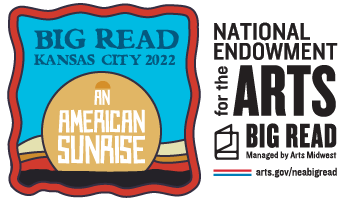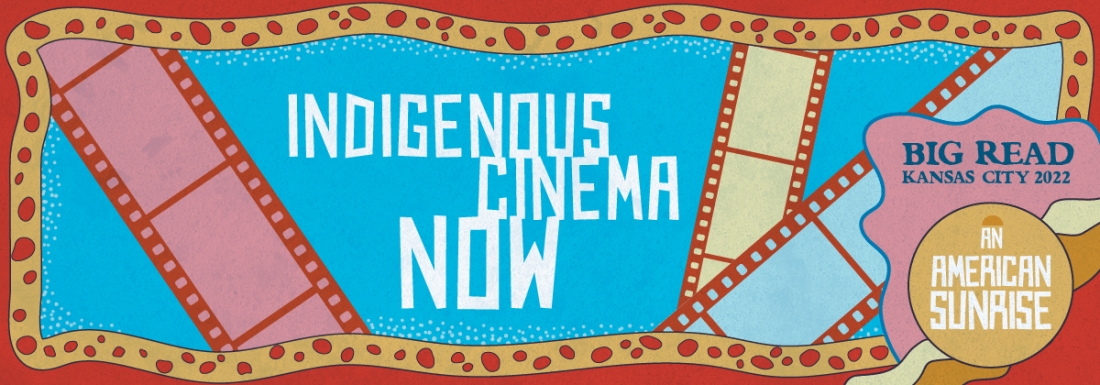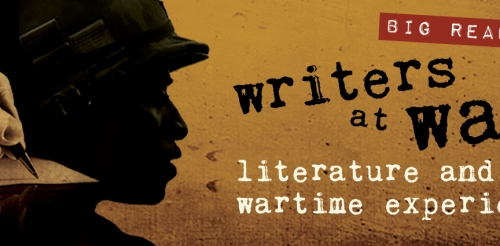Indigenous peoples have taken control of their film and media representations in the last few decades, sweeping aside Hollywood’s longtime stereotypical notions of noble savages and Wild West Indians. Through dramas and comedies, shorts and documentaries, animation and television, Native American and First Nations filmmakers have reached both their own communities and mainstream audiences while also working to recuperate tribal languages, cultures, kinships, and community.
Film historian Joanna Hearne examines the significance and impact of some of the more recent Indigenous filmmakers and their work, using clips of movies from 1998’s seminal Smoke Signals to present-day releases. Her presentation is part of Big Read 2022, the Library’s two-month initiative revolving around Joy Harjo, the first Native American to serve as U.S. poet laureate, and her acclaimed book An American Sunrise.
Hearne is the Jeanne Hoffman Smith Professor of film and media studies at the University of Oklahoma, focusing her teaching and research on Native American and global Indigenous media. She previously taught for 17 years at the University of Missouri, where she was founding director of the Digital Storytelling Program.
Hearne is the author of two books about North American Indigenous media, Native Recognition: Indigenous Cinema and the Western and Smoke Signals: Native Cinema Rising.
Explore Big Read 2022 at kclibrary.org/bigread.


